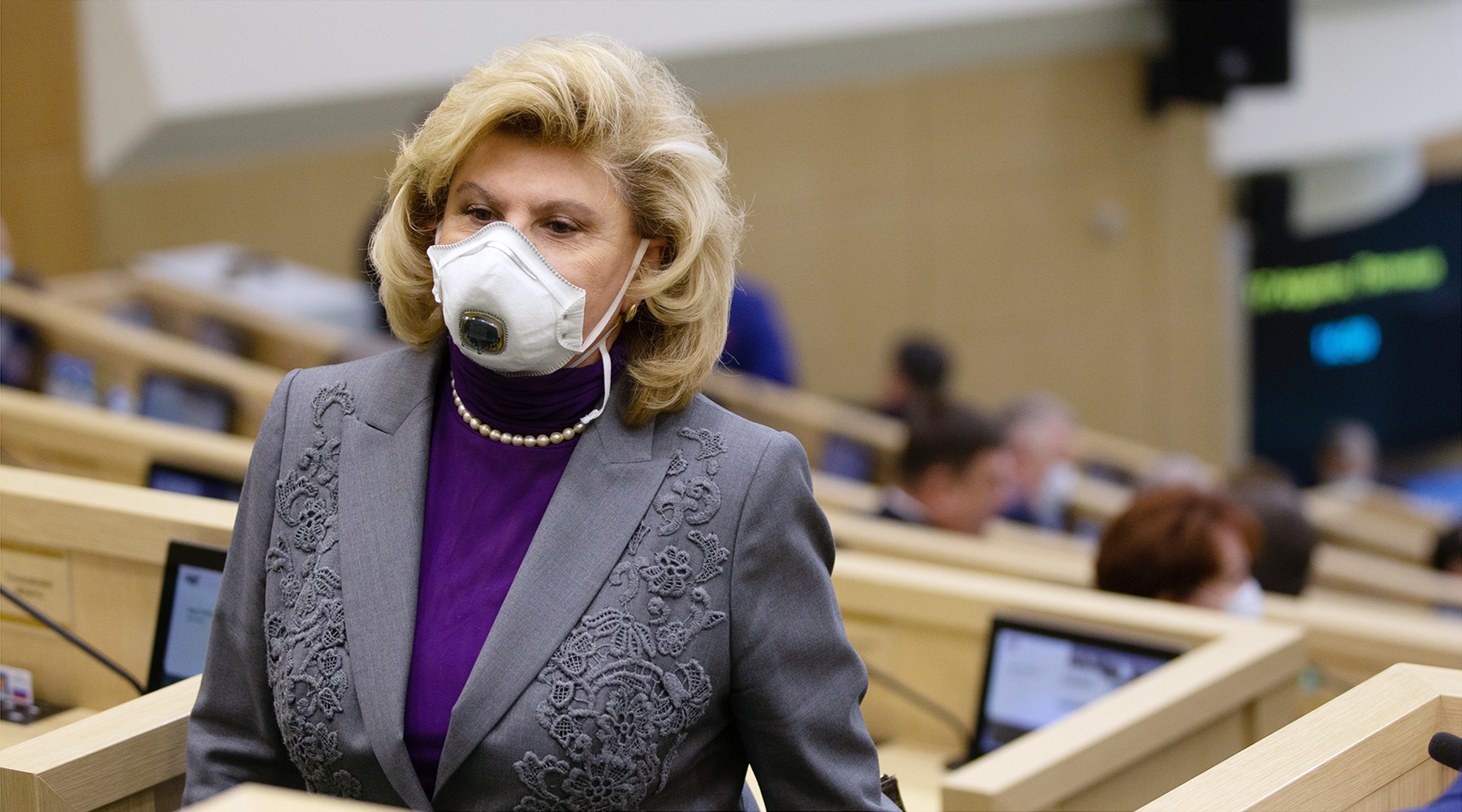- Now, during the period of the coronavirus pandemic, fears are being expressed that the measures taken to limit “threw humanity back”, in an era when the concept of “human rights” did not yet exist. Do you share this point of view?
- International legal acts oblige states to use tools to protect life and health. In terms of respect for human rights in circumstances such as a pandemic, two basic principles need to be identified.
The first is the sufficiency of measures to protect life and health, which are the main priorities of the state.
That is why the epidemic is the basis for the use of tools associated with certain restrictions.
The second is the proportionality of the measures taken to the real threat. There was no such large-scale epidemic, now the first experience is being developed.
It seems to me, when people went abroad, it was important to warn that they make the trip going in a pandemic, already announced by WHO. Then people could understand the threats and risks associated with this, including being aware of the difficulties that may arise when returning home.
- What difficulties did you face during the epidemic?
- Before my eyes, the problem was solved with shift workers at the Chayandinskoye field in Yakutia (in April 2020, this place became a hotbed of infection with coronavirus. - RT ). Initially, it was decided to leave them in place. This created social tension and caused discontent among these workers.
The situation was rectified by the active actions of the presidential administration. I was in touch and saw how they sent specialists to familiarize themselves with the situation on the spot, how the lists of those to be taken out were compiled, how the patients were separated from the healthy ones. Here, perhaps, it would be more correct to immediately take these workers home.
- Commissioner for Human Rights in the Russian Federation Tatyana Moskalkova
- RIA News
- © Press Service of the Council of the Federation of the Russian Federation
The epidemic has generated a whole list of issues related to human rights, in particular, with the rights to work, the protection of the most vulnerable groups of the population, and so on. Each group of rights requires its own protection toolkit.
- Will they return to us our rights to work, to freedom of movement?
- One of the conditions defined by international documents for such restrictions is that they should be a temporary measure. It is very important to understand when the restrictions will be lifted, terminated.
But this is a very difficult question. Restoring rights, I think, will be difficult. This is especially true of the rights to labor and business activities. We see many affected organizations.
For example, I was surprised that non-governmental non-profit educational institutions did not receive state support. The rights of children who received education there will be called into question if the state does not allow these institutions to receive interest-free loans or other types of assistance. Many other similar examples can be cited.
- Do you continue to engage in scientific activities?
- Currently, I am working on the study of the moral foundations of the criminal process at the present stage. The key question is to what extent the current criminal process allows for justice.
The criminal process is such an area of state activity where an invasion of a person’s personal life can radically change his fate. Even detention during the preliminary investigation is a crucial moment in a person’s life, not to mention the conviction. Based on the citizens' appeals, I am collecting material for a monograph.
All my activities are now to one degree or another scientific. Systemic problems are manifested in a large number of calls to the authorized person. Every six months, we hold meetings of the Coordinating Council of Commissioners for Human Rights in the subjects of the Russian Federation, and discuss global topics that are in demand by society. Each of them requires a conceptual framework, legislative tools and scientific reflection.
- Your Ombudsman’s term expires in less than a year. Do you expect to continue working in this post?
- As they say, do what you should, and be what happens. It’s very difficult for me, but it’s very interesting to work in this position. I thank fate and the deputy corps that appointed me to this position. It will be hard to say what will happen in ten months (when the term of office of the Ombudsman expires. - RT ).
It seems to me that people need me in this capacity. For me, this work has become the meaning of life and ministry.

